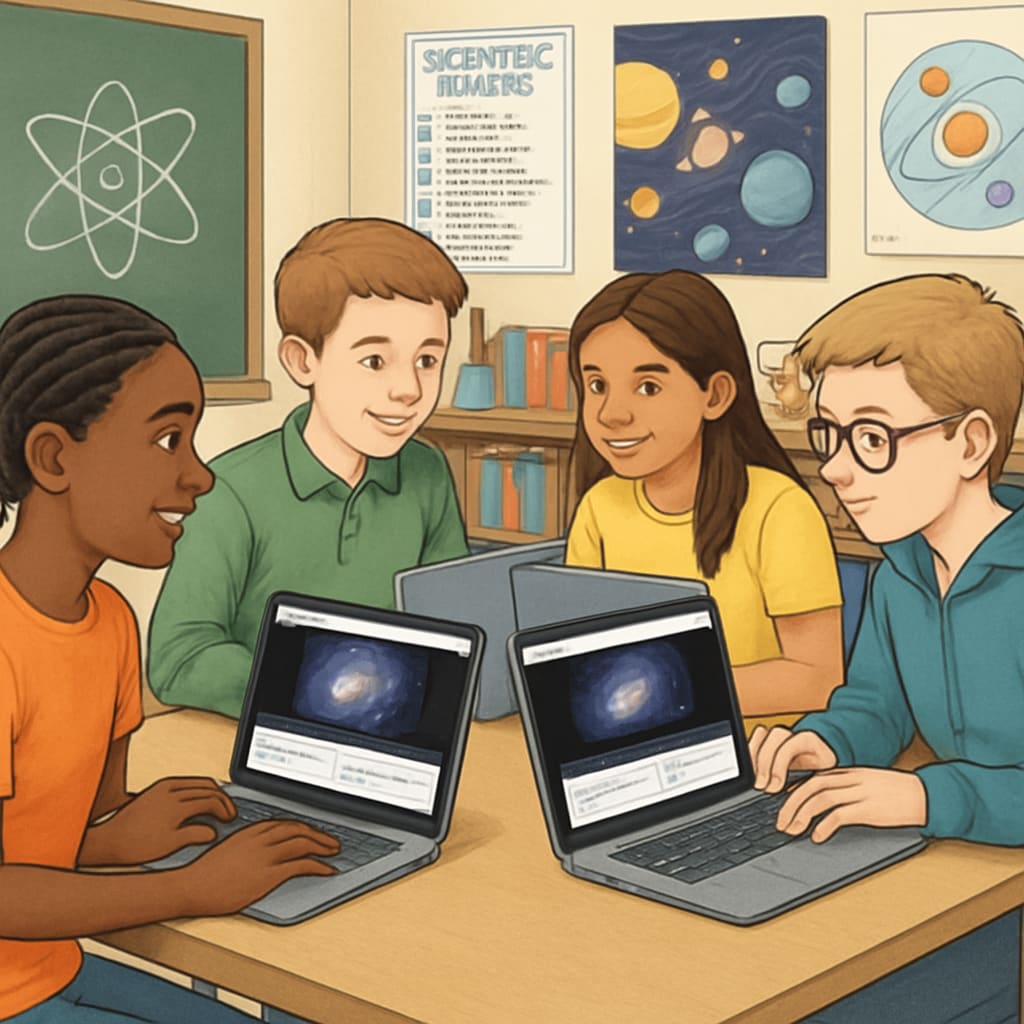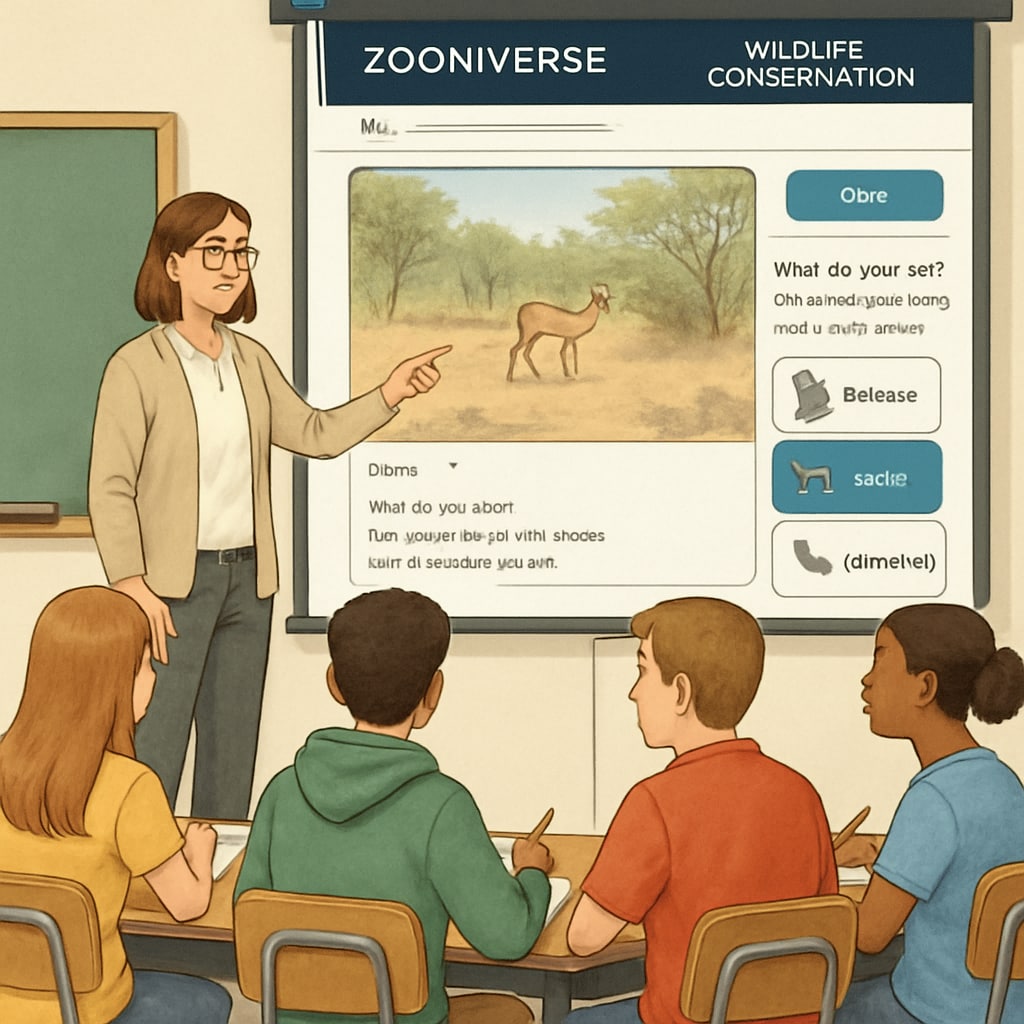Citizen science, Zooniverse, and research projects offer unprecedented opportunities for K12 students to contribute to authentic scientific discovery. As the world’s largest people-powered research platform, Zooniverse connects classrooms with hundreds of real-world studies across disciplines from astronomy to zoology. According to a Wikipedia article on citizen science, these collaborative projects have produced over 200 peer-reviewed publications with public contributions.
Why Zooniverse Works for Classroom Science
Unlike simulated experiments, Zooniverse projects involve students in actual research with measurable impact. The platform’s design offers three key educational advantages:
- Low-barrier entry: Tasks require no specialized knowledge
- Immediate feedback: Students see their contributions in real-time
- Scalable engagement: Projects adapt from 30-minute activities to semester-long studies

Implementing Citizen Science Projects
Teachers can effectively integrate Zooniverse into STEM curricula through these steps:
- Select age-appropriate projects from the Zooniverse project directory
- Connect tasks to curriculum standards (Next Generation Science Standards alignments available)
- Combine platform activities with hands-on experiments and data analysis
- Encourage students to document their scientific process
For example, the “Galaxy Zoo” project has enabled over 50,000 students to classify galaxy shapes while learning core astronomy concepts. As noted by Britannica’s galaxy article, such classifications provide crucial data for understanding cosmic evolution.

Measuring Educational Impact
Research shows participation in citizen science, Zooniverse, and research projects delivers measurable benefits:
- 86% of teachers report increased student engagement with science
- 72% improvement in data literacy skills
- 3x greater likelihood of students pursuing STEM careers
By transforming students from passive learners to active contributors, these platforms create authentic connections between classroom concepts and real-world applications. The collaborative nature of projects additionally fosters teamwork and problem-solving skills essential for 21st-century careers.


